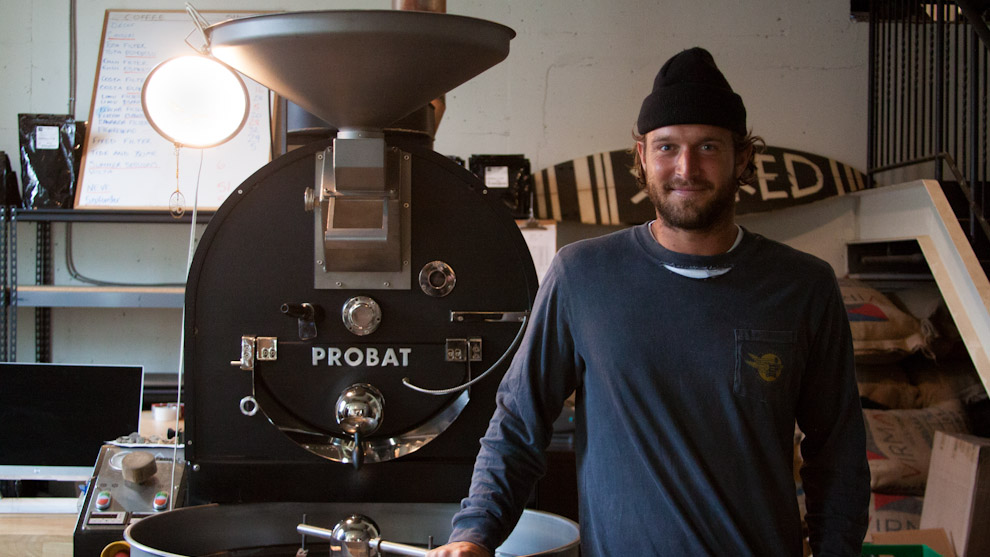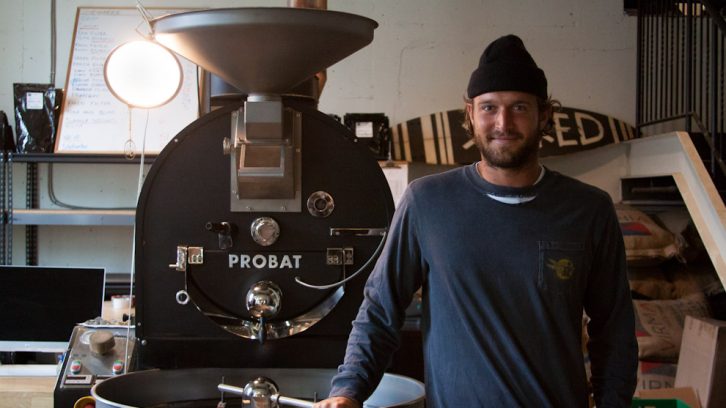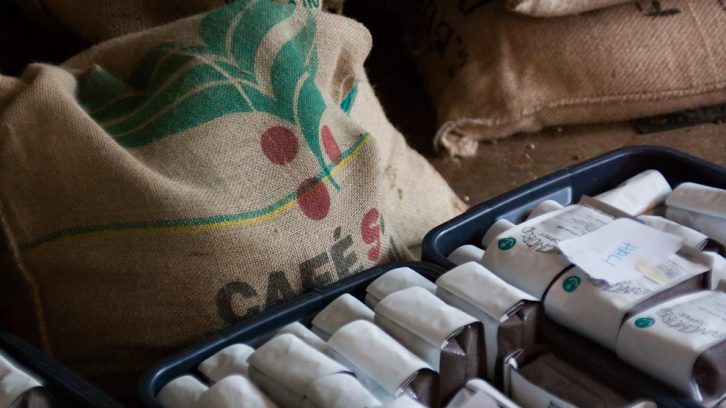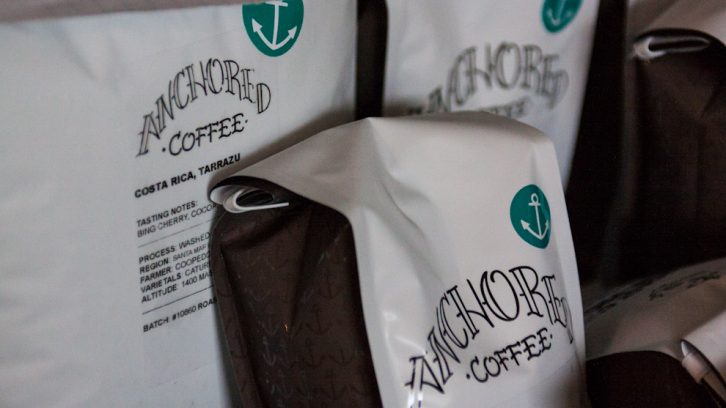coffee roasting
Here’s how small-batch coffee roasting works
Two Nova Scotia companies explain the process that brings you fresh coffee

caption
Dean Petty with Probat roaster used to roast coffee beans
caption
Dean Petty with a Probat roaster used to roast coffee beans.Among the hundreds of coffee companies that supply morning cups of joe, there are some roasters who are doing more with less.
Small-batch coffee roasters are popping up all over Nova Scotia. There are currently nine of them in the province and their goal is to serve fresh coffee with beans processed in small batches.
Fans of this type of coffee roasting say the process allows each bean to be roasted in a unique way to produce higher quality coffee.
Here’s how two of these roasters do it:.
The coffee beans
It all starts with the beans, says Dean Petty, co-owner of Anchored Coffee in Dartmouth, which has been roasting its own beans for almost four years.
Petty buys coffee from many parts of the world including Costa Rica, Ethiopia, Colombia, and Rwanda.

caption
Bags of coffee beans ready for roasting and packing.“The way we buy is directly from our producers. When you’re buying small in amounts you’re able to visit producers and get farm-specific coffees,” says Petty. “A lot of the producers we work with might only grow on a few hectares of land and are only producing 10 to 12 bags per harvest.”
By roasting single-origin coffees, coffee beans that are unblended and grown on one plot of land, Petty says that they can produce a better quality coffee with a specific taste.

caption
Anchored Coffee.Austin Anderson, owner of North Mountain Coffee in the Annapolis Valley, has also been roasting beans for four years. He sources his product from places like Costa Rica, Peru, Guatemala, El Salvador, and Ethopia.
Similar to Petty, Anderson works directly with farmers who grow coffee beans. He says some of the coffee beans he roasts are from a single farm or a small community mill, where they combine beans from different farms that have similar qualities. This differs from large-scale coffee roasting where companies get a pooled lot of coffee beans that come from thousands of coffee farms.
Small batches
Anderson roasts 12 pound batches at a time, which is about 1,200 to 1,500 pounds of beans a week.
“It’s a lot of repetition,” says Anderson. “Most of what we call small-batch roasters are usually locally owned and locally based roasters who differentiate their product based on quality and freshness.”
Small-batch roasters typically roast less than 100 pounds of beans at a time. At Anchored Coffee, Petty roasts 20 pounds of coffee beans at a time.
“Honestly, that’s tiny; other companies could be doing more than 150 pounds,” he says. “The scale can get massive and as the scale goes up I think the quality can go down a bit.”
The roaster
Petty uses a Probat roaster that heats and tumbles the raw green beans into brown nuggets.
A computerized roasting software is used to develop a specific roast profile or coffee taste, which is done by adjusting how much heat is applied to the beans and for what period of time. Petty says this highlights or mutes certain notes in the coffee to make a balanced product.
Once the coffee has been roasted, it is hand packaged and given a batch number and roast date. A batch number allows Petty to determine if there was a problem during the roasting process.
“We want to be held accountable for our roasting,” he says.
‘Expensive glass of wine’
Petty says if coffee were reflective of the quality of work that goes into it, it would cost $10 a cup.
“Rather than having two or three cups of Folgers coffee in the morning, maybe you’re focusing on a coffee that you really love and it can become this engaged ritual or activity,” he says. “It’s the same as drinking a really nice expensive glass of wine.”
Petty compares small-batch roasting to craft beer.
“As people become more educated in the potential of all the different nuances in coffee, you start to tune into coffee as a specialty beverage rather than just a hot cup of brown water,” he says. “This is what’s fuelling more craft roasters and the market.”
Anderson says sourcing coffee from a specific farm or area is popular because people like the idea of traceability or knowing where a product comes from.
“It’s about learning how to appreciate coffees more for certain characteristics of a farm that comes from a certain region and grows a specific variety,” he says.

